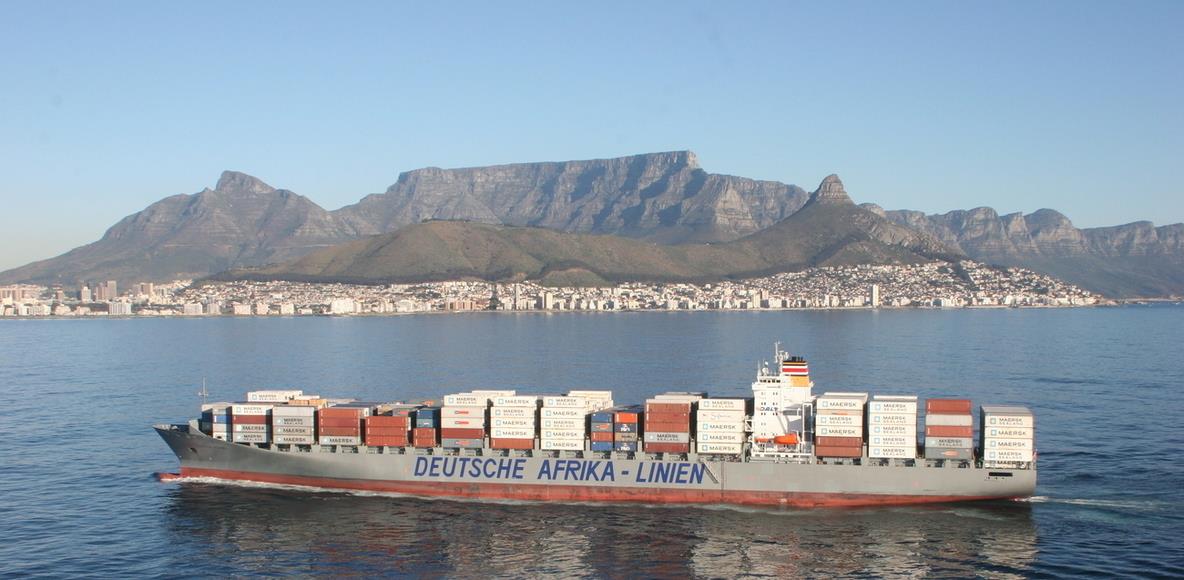Hapag-Lloyd is acquiring the container line business of German carrier Deutsche Afrika-Linien (DAL).
The German shipping line announced that it signed a framework agreement with DAL on March 10 — allowing it to further pursue its Africa expansion plans.

Africa expansion plans
"Africa remains an important strategic growth market. Particularly for our service offering from and to South Africa, DAL is a valuable addition allowing us to offer our customers a better network and additional port coverage in this region," said Rolf Habben Jansen, CEO of Hapag-Lloyd.
"We are very much looking forward to welcoming the DAL colleagues. With their broad experience and market knowledge, they will significantly support us to further grow in Africa."
While the value of the transaction was not disclosed, Hapag-Lloyd said DAL's liner business (including agencies) employs more than 150 people. It also owns a 6,589 TEU container ship and operates a container fleet of around 17,800 boxes (owned and leased), which will be taken over as part of the acquisition.
With a history dating back to the year 1890, DAL is an established liner shipping company for the transportation of containerized cargo and operates with four liner services between Europe, South Africa, and the Indian Ocean.
Headquartered in Hamburg, the Africa expert is represented with own offices in Germany and South Africa as well as through third-party agents in 47 countries worldwide.
Prior to this recent acquisition, Hapag-Lloyd also acquired Africa-specialised carrier NileDutch last year, which significantly strengthened the carrier's presence and service offering to and from West Africa.
In the statement, Hapag-Lloyd said this growth-oriented strategy was also underlined by new office openings in Kenya, Morocco, and Senegal in 2021 and the establishment of a Quality Service Center (QSC) in Mauritius in 2020.
The completion of the transaction is subject to the approval of the responsible antitrust authorities.



